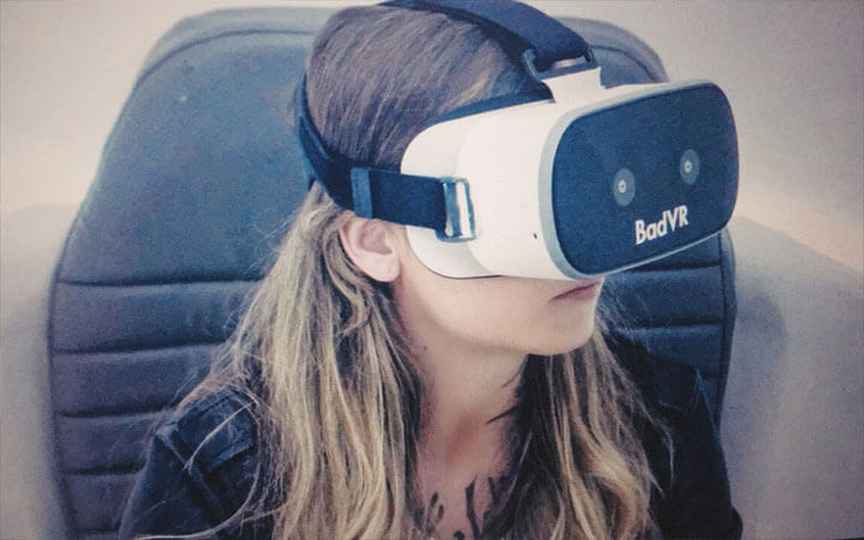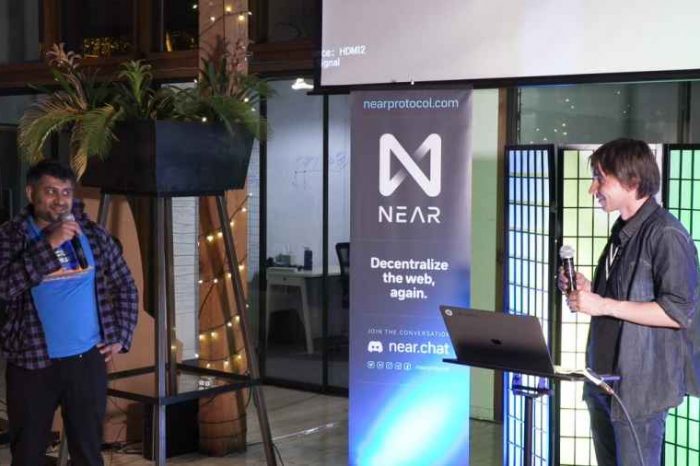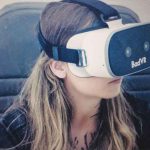Los Angeles startup BadVR receives a grant from the National Science Foundation to address challenges of visualizing and analyzing large geospatial data

BadVR, the world’s first immersive data visualization platform, has received a Small Business Innovation Research (SBIR) grant from the National Science Foundation to apply virtual reality technology towards the challenge of visualizing and analyzing large geospatial datasets. The amount of the grant was not disclosed.
The goal has broad commercial impact, including the acceleration of 5G network planning and the ability to perform real-time monitoring of large infrastructures like utility grids; all with minimal additional cost.
Founded in 2017 by Suzanne Borders and Jad Meouchy, the Los Angeles-base BadVR uses virtual reality to craft immersive data experiences that help you see the whole picture and gain actionable insights. BadVR is a platform for immersive data visualization. It helps companies significantly increase the value of their data by giving users the tools they need to make faster – and better – decisions. This is possible via a proprietary virtual reality experience that enables you to literally step inside your data.
“As a society, we have become aware of the power of data and the impact it has on our lives. It’s important that we create tools that make it easy to work with this data,” said Suzanne Borders, CEO & Founder of BadVR. “We are honored to receive this grant and are excited to craft the future of data together with the National Science Foundation.”
By using virtual reality and machine learning, we make data easy. VR unlocks your brain’s processing potential, allowing you to get value from your data with minimal effort or special training. By making big data more accessible, people and companies can discover and identify hidden problems and opportunities, as well as make better decisions, faster. Fusing VR technology with advanced visualization techniques, BadVR will develop a new method of analysis, shaping the way future generations will analyze their data.
“NSF is proud to support the technology of the future by thinking beyond incremental developments and funding the most creative, impactful ideas across all markets and areas of science and engineering,” said Andrea Belz, Division Director of the Division of Industrial Innovation and Partnerships. “With the support of our research funds, any deep technology startup or small business can guide basic science into meaningful solutions that address tremendous needs.”
The National Science Foundation (NSF) awards nearly $200 million annually to startups and small businesses through the Small Business Innovation Research (SBIR)/Small Business Technology Transfer (STTR) program, transforming scientific discovery into products and services with commercial and societal impact. The non-dilutive grants support research and development (R&D) across almost all areas of science and technology helping companies de-risk technology for commercial success.
Startups working across almost all areas of science and technology can receive up to $1.5 million in non-dilutive funds to support research and development (R&D), helping de-risk technology for commercial success. America’s Seed Fund is congressionally mandated through the Small Business Innovation Research (SBIR) program. The NSF is an independent federal agency with a budget of about $8.1 billion that supports fundamental research and education across all fields of science and engineering.

